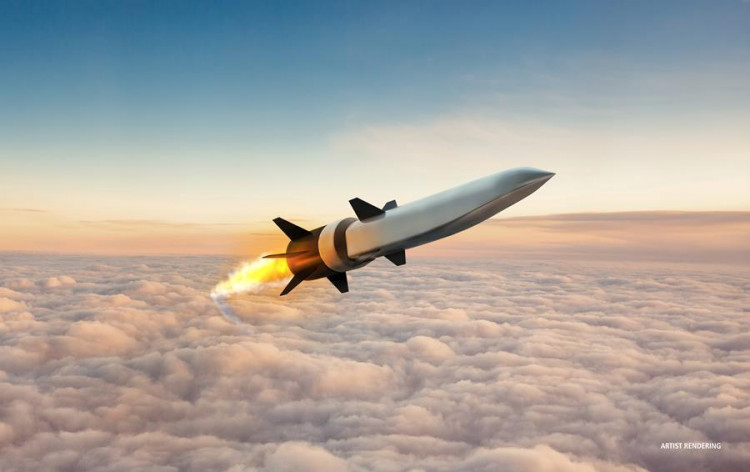Ukraine has accused Russia of conducting a missile attack on its capital during a visit by UN Secretary-General António Guterres, as the U.S. outlined proposals to provide $33 billion in the military and other assistance to Kyiv, despite Russian implications that such weaponry shipments undermine the security of Europe.
Officials in Kyiv claimed two buildings in the city were struck on Thursday evening in what the minister of foreign affairs described as a horrific act of brutality with which Russia reveals once again its attitude toward Ukraine, the West, and the world.
Guterres and Bulgarian Prime Minister Kiril Petkov were both in Kyiv when the attack was carried out.
The UN Secretary-General met with Ukrainian President Zelenskiy and demanded that residents be rescued from Mariupol, which has been under Russian invasion and bombing for two months.
When Russian President Vladimir Putin met with Guterres on Tuesday, he approved "in principle" such an evacuation, according to the UN.
As part of a military operation to conquer all of Ukraine's eastern Donbas region, Russia continues to strike the Azovstal metal factory in Mariupol, where Ukrainian forces and hundreds of civilians have been locked away, according to Kyiv.
To help Ukraine endure the Russian attack, the West is accelerating heavy weapon deliveries, and U.S. President Biden announced that he will ask Congress for $33 billion in new funds for Ukraine, which includes military aid worth $20.4 billion.
"This fight isn't inexpensive, but giving in to hostility would be even more expensive if we let it happen. We may either stand by and watch the Russians continue their acts of terror and aggression in Ukraine, or we can support the Ukrainian people as they protect their homeland," Biden added.
Russia is constantly portraying Ukraine as the battleground for a "proxy" war fought by the West against Moscow, but Biden stressed that the U.S. and its allies are "not invading Russia; we're supporting Ukraine to defend itself."
"The inclination to pump arms," Russian spokesperson Dmitry Peskov said, "into Ukraine and other nations endanger the continent's security and lead to instability."
The conflict in Ukraine, which Moscow started on February 24th, could "drag on and can last for months and years," according to NATO Secretary-General Jens Stoltenberg, who added that the alliance was planning long-term services to help Kyiv and move from old Soviet-era machinery to more advanced NATO-standard arms and mechanisms.




